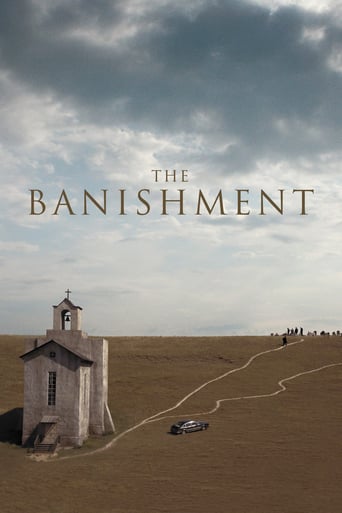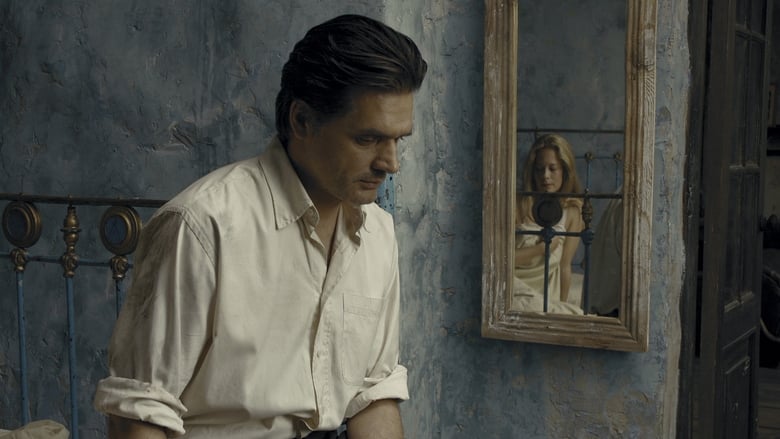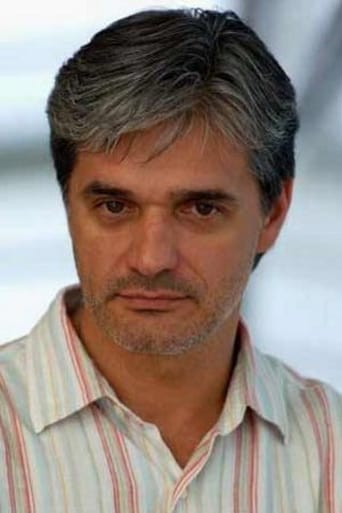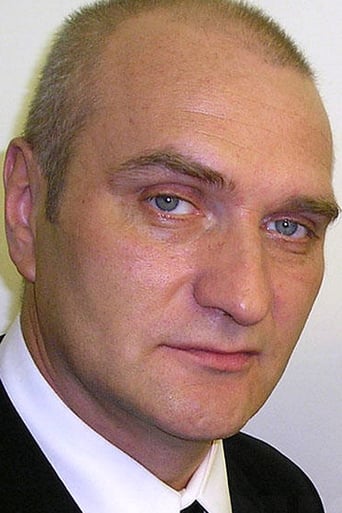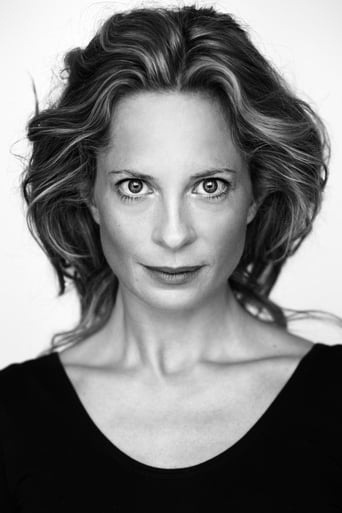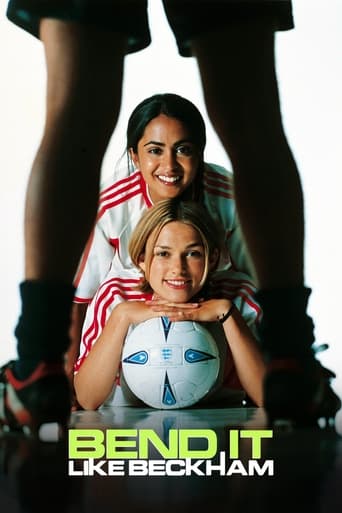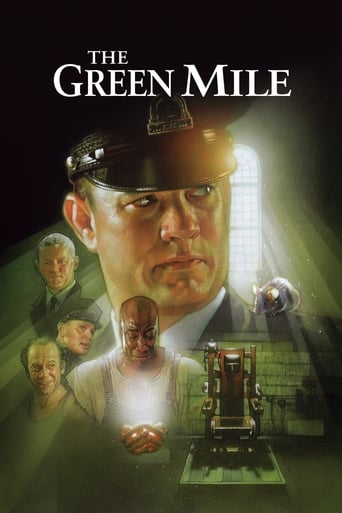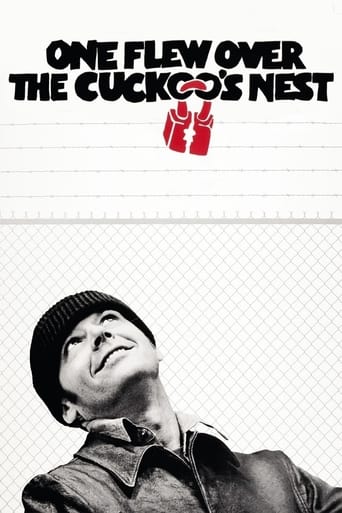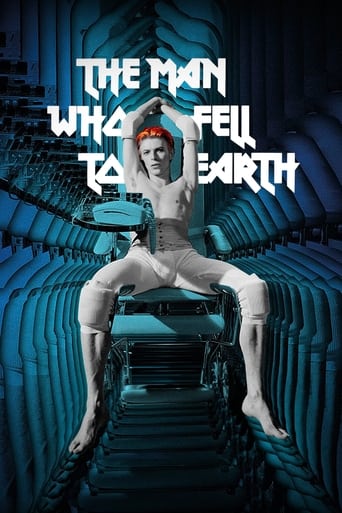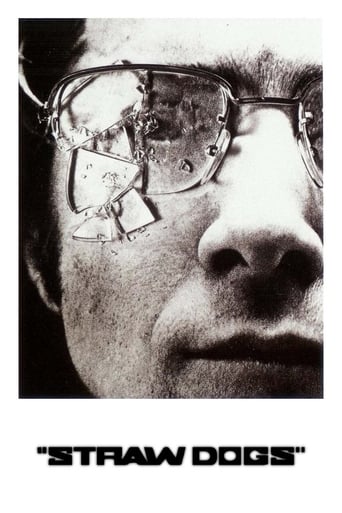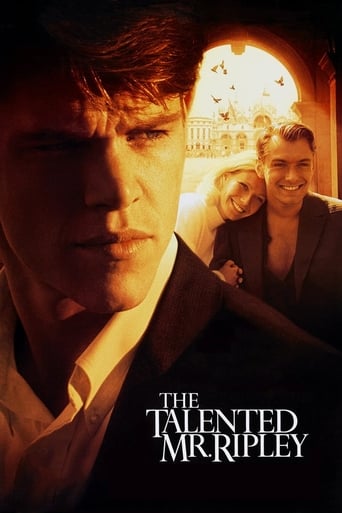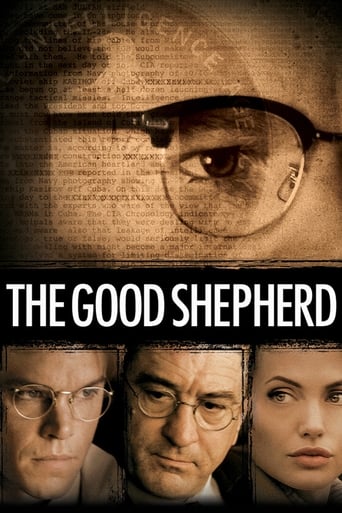The Banishment (2008)
While vacationing in the countryside at his childhood home, a woman suddenly reveals to her husband that she is expecting a child – but not his.
Watch Trailer
Free Trial Channels
Cast


Similar titles
Reviews
Good concept, poorly executed.
A Disappointing Continuation
The film was still a fun one that will make you laugh and have you leaving the theater feeling like you just stole something valuable and got away with it.
A lot of perfectly good film show their cards early, establish a unique premise and let the audience explore a topic at a leisurely pace, without much in terms of surprise. this film is not one of those films.
What a great way of portraying a rarely spoken but well known sad fact of today's society: in the modern family usually the man is the one responsible for the crime of abortion and also all the consequences this brings with it. The woman is weak: she needs the love and protection of the man to survive. She can not live in a fake relationship, she can not perform acting in a "live" theater.And the lack of affection for the wife as well as the environment surrounded with love and protection that would encourage the wife to give birth and raise an other child, is what determines the woman to choose abortion.The death of Vera after the abortion is also a symbolical representation of a psychological and spiritual reality: even in the abortions that have no physical consequences, the women will not be the same afterwards, a part of her dies along with the baby.Embedded in a tender and short scene is the answer to all the problems. Before going to sleep, Frida reads from Paul's Epistle the definition of love while everybody listens. Unfortunately, Alexander is "sick" and his sickens spreads death all around him. This scene is far from him, both in physical and spiritual space.He remains sick although he admits the mistake of asking Vera to kill the baby, and although his regrets about not accepting and not loving her. After two deaths he is ready to commit an other one, by going to Robert with the gun, prepared to get revenge. This demonstrates the brute force of the darkness and how one can fall from bad to worse.
Andrey Zvyagintsev's "The Banishment" is a stark, grave allegory of marital and familial disintegration. The father, Alexander (Best Actor at Cannes 2007, Konstantin Lavronenko)a slight, lithe, laconic characterfaces an unconscionable choice midway through the film. His wife, Vera (Maria Bonnevie), is a quietly tired mother masking a great deal of uncertainty behind pained eyes and faded beauty. Their young children, Kir and Eva, sense that a storm is brewing. This is Zvyagintsev's despairing poetry on the toxic disconnect between loved ones, surveying the limbo between the way things are and the way it should be."I'm pregnant, but it's not yours," Vera says unhurriedly, looking at her husband imploringly, eyes beseeching, as they lounge on the patio of Alexander's hilltop childhood home in the countryside, far away from the bleak greys of the industrial city where they reside. In that moment, Alexander realises the shift from mental to physical infidelity, less mindful to the betrayal he refuses to talk about than he is to his pride taking a dent. For the first time, the angular complexity of Lavronenko's face twists into a wordless rage that reveals his only response to the malaise rising within this marriage.Alexander meets surreptitiously with his shady brother Mark (Aleksandr Baluyev), a criminal sort that needed stitching up and a bullet removed from his arm in the dead of the night just days before. Mark informs Alexander of a gun he left up in a dresser at their father's home. The moral landscape opens up here with two pathsto forgive or to kill. Both choices demand a hefty price, but remain acceptable as long as one is able to reconcile one's self with it.Zvyagintsev creates a dreary mood piece, sustained with tension and a deeply burdening excavation of secrets and silence. There's an exploration of miscommunication here, not lies. The unspoken becomes just as virulent as falsities; the emotional estrangement between people becomes a source of dehumanising decay. The story of family is timeless in its essence, but intermittent, it's intrinsic morality however, is everything. Once again, the past has a way of rearing itself into the future. Just as Zvyagintsev saw profundity in the role of the Father in his mesmerising debut, "The Return", he sees the same here in the dynamics between parents and of spouses. The themes remain similar, but the religiosity of his enterprise is clunkier and more obtrusive.While the acknowledged influence is Andrei Tarkovskynature and pastoral simplicity as it relates to the inner self and the interplay of religious iconographythe resonance of the camera is plainly Zvyagintsev's. The director, once again working with the cinematographer Mikhail Krichman, seems incapable of framing an ugly image: the open spaces of the golden countryside becomes stupefying and the creaky house itself hinges on a chasm, a solitary wooden bridge is the sole connection to a world outside the confines of family. As the narrative bends and folds, so does Zvyagintsev's virtuosity with visual chicaneryimages and shots blend into one another, revealing the webs of space and time.For all its technical poise, Zvyagintsev's story lacks the emotional veracity of his debut. From each shot, right down to its script, everything is so precisely composed that the film becomes antiseptic beneath the tragedy by justifying its theoretical banality with intense symbolism and inorganic actions. Characters have weight but no realitythey seem becalmed, even unaffectedthey are ideas acted upon, props for a rambling parable and dangerously on the verge of evoking ennui. But in spite of its inherently languorous sermon, Zvyagintsev tackles the film with the cinematic prose of epic literature by enveloping the film with an aura of solemnity and disquiet.
Despite this movie's tremendous potential to be turned into an impeccable piece of work that would resound in people's minds for years, it fails to fully realize its potential with its overdose of religious images that clearly mirror that of Tarkovsky. Tarkovsky's films are always too slow and heavy to watch with its long lingering shots that at its best only make for mental masturbation. I was really worried that the director of "banishment" would follow Tarkovsky's steps after first seeing the self-indulgent lingering shots and he did more and more of those later in the film. I think "the return" is a perfect film without any unnecessary conversations or lingering shots but this movie failed to carry the flag of the first one. All in all, the excessive twists of the plot and the pretentious religious symbolism are drawbacks of this otherwise spectacular film despite the stunning cinematography, perfect editing and imposing style. That being said, it is still better than 99% of the films I have seen in my life. Hope the director's next one will be better.
Not as strong as Zvyagintsev's haunting 2003 debut 'The Return'/'Vozvrashcheniye' (grand prize at Venice--I reviewed it when it was shown theatrically in the US the following year), this adaptation of William Saroyan's 1953 novella, "The Laughing Matter," is recognizable for its intense, slow-paced style and beautiful cinematography (by Mikhail Krichman). 'Izgnanie' (the Russian title) takes us out to a remote country house where there are thin roads, grassy fields over gentle hills, herds of sheep -- and old friends, because this is the childhood home of the protagonist Alex (Konstantin Lavronenko), who's brought his family out there for summer vacation. But before that (and a signal of a certain disjointedness of the whole film) we observe Mark (Alexander Baluev), Alex's obviously gangsterish brother, getting him to remove a bullet from his arm. this is also the first of a series of failures to seek adequate medical treatment. Now we move to Alex with his wife Vera (Maria Bonnevie) taking their young son Kir (Maxim Shibaev) and younger daughter Eva (Katya Kulkina) out to the country by car.Zvagintsev certainly takes his time with every action of the film. It's as if he thought he was writing a 500-page novel rather than making a movie. The effect is not so much a sense of completeness as a kind of hypnotic trance. Everything is marked by the fine clear light, the frequent use of long shots, and the pale blue filters that give everything a distinctive look. Some of the long landscape shots are absolutely stunning, and the interior light and the way shadows gently caress the faces are almost too good to be true.When another family comes into the picture and they all spend a day outdoors, the sense of familiarity, summer listlessness, and vague unease made me think of a play by William Inge or Tennessee Williams. That may seem odd for a Russian movie, but the names are only partly Russian, the location is deliberately indeterminate, and Saroyan's source story is set in a long-ago California, not in Russia. Zvyagintsev doesn't seem to work in the real world but in some kind of super-real nether-land. Whether it is unforgettable or simply off-putting seems to vary. In 'The Return' it as the former; here it is more the latter.Vera drops a bombshell, when she announces she's pregnant and that the child isn't his. The tragedy that slowly but inexorably follows arises from a derangement in the wife and a misunderstanding by the husband. To deal with the problem Alex wants the children out of the way and he is happy to have them stay at the friends' house, where they're putting together a large jigsaw puzzle of Leonardo da Vinci's painting, 'The Annunciation'. I'm indebted to Jay Weissberg's review in 'Variety' for this identification; Weissberg adds, "That... isn't the only piece of heavy-handed religious imagery on offer. There's Alex washing his brother's blood off his hands, Eva/Eve offered an apple, and a Bible recitation from 1 Corinthians about love ("It does not insist on its own way"), handily set apart by a bookmark depicting Masaccio's 'The Expulsion From the Garden of Eden.' OK, we get it, but that doesn't mean the parallels offer a doorway into personalities who offer little emotional residue on their own." And he is right: Zvyagintsev's fascination with Italian painting, and here also with the Bible, doesn't change the fact that the characters nonetheless remain, this time, troublingly opaque. Mark is an adviser and stimulus to action for Alex. Robert (Dmitry Ulianov) is a third brother who enters the picture later. I will not go into the details because the chief interest of the film is its slow revelations.And yet the revelations don't quite convince, because for one thing they do not fully explain. The wife's behavior remains unaccountable. And a long flashback in the latter part of the film seems to come too late, and to explain too much, yet without explaining enough. None of this is the fault of the actors, who are fine, including the children.Zvyagintsev's second film, then, is a disappointment and a puzzlement. I began to think after a while that the whole thing would be much more effective if it were done in a very simple style, with simply workmanlike photography, in a film trimmed of all externals, down to the bone, something noirish like Robert Siodmak's 'The Killers' or Kubrick's 'The Killing.' We are left to figure things out anyway, so why all the flourishes? Yet Zvyagintsev's style is nonetheless beautiful, and one only hopes he finds material that works better for him next time. I was thrilled with 'The Return' and wrote of it in my IMDb Comment: "This stunning debut features exceptional performances by the talented young actors, brilliant storytelling in a fable-like tale that's as resonant as it is specific, and exquisite cinematography not quite like any one's ever seen before." The excitement I felt about the first film is why the new one feels like such a let-down.Seen as part of the Film Society of Lincoln Center series Film Comment Selects 2008 (February 25) at the Walter Reade Theater, NYC.__________________

